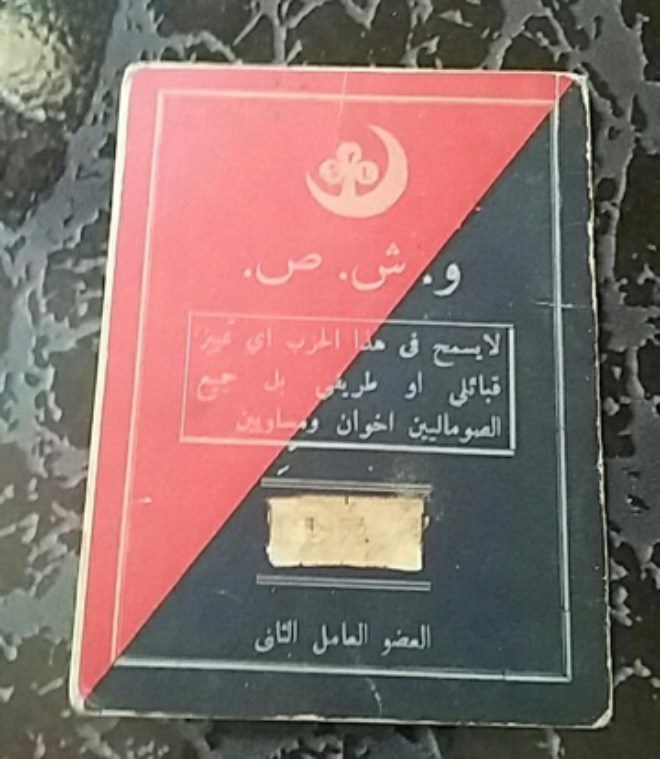Saturday July 7, 2018
By Liban Ahmad
The stand-off between Somaliland and Puntland forces near Tukaraq in Sool reminds many Somalis of early 1990s. It was the time Somali political leaders' failed to spare Somali citizens horrors of a civil war. What makes Puntland-Somaliland stand-off different is that Somaliland has taken a leaf from Somalia's 1960s book but modified it: Its irredentist claims are not made against a neighbouring country; it is made against a country Somaliland is a part of. The UN Secretary General urged Somaliland President to talk to Mogadishu about secession. Talks will not bear any fruits if Somaliland's starting point is that it is a sovereign state and its border with Somalia was demarcated in 1894. President Muse Bihi of Somaliland does not seem to have put a lot of thought into implications of this argument for people in ex-British Somaliland. Colonial borders principle was invoked against Somalia in favour of Kenya and Ethiopia in line with the AU ( then OAU) charter. The same principle will not be invoked against Somalia when Somaliland is questioning the sovereignty of Somalia.
Somaliland accuses Puntland of claiming territories on grounds of shared clan affiliation. By making reference to agreements some clans signed with the British empire almost 150 years ago it is laying claim on disputed territories on the basis of similar reasoning . Somaliland's reference to Protectorate agreement excludes clans that have not signed agreement with the British. This reference to colonial history put northerners at a disadvantage when it comes with negotiating with southerners. Northerners did not have political leaders who prepared them for independence. Traditional leaders wielded influence under the British indirect rule in the North. Northerners had to embrace the Somali political identity created by Somali Youth Leagued (SYL). Somali political identity was conceived without any reference to clan identity. SYL leaders knew that citizenship, not kinship, must be the foundation of the nation state they aspired to build.

SYL spurned clan identity in state-building
Agitation for independence was a crime in the ex-British Somaliland but in the South under the British Military Adminstration, SYL emerged and as a result created the Somali political identity. In his biography on Adam Abdulle Osman, the first President of Somalia and his second Prime Minister, Abdirizak Haji Hussein Professor Abdi Ismail Samatar quotes the late Mohamed Salah Deer ‘Ladane’ who, along with Axmed Aloore, arranged a lodging for Michael Mariano and Lewis Clement Salool, both of them lawyers. “Mariano and Salool wrote all the [SYL] party petitions” writes Professor Abdi Samatar. The North did not have a nationalist party similar in stature to SYL. That is why SYL became the ruling party of Somalia during Somalia's experiment with parliamentary democracy.
Somaliland government is not only at loggerheads with Mogadishu over sovereignty. It is against the dispensation endorsed by the UNSOM. As the map below shows Somaliland is represented within the Federal Parliament of Somalia by MPs. Puntland federally represents people in territories currently designated as disputed territories.
There is another dimension to the identity question raised by Somaliland argument. Why does Somaliland seek to saddle with a unionist from North Somalia with the commitment to deny a Somali from South Somalia – Mogadishu, Baydhaba, Garowe, for example, — citizenship rights he/she enjoys in any part of North Somalia? Signing up to Somaliland political identity entails violation of citizenship rights of compatriots from South Somalia.

Somaliland would have its argument for secession enhanced had it showed respect for international norms. Solution to the territorial dispute between Somaliland and Puntland administration lies in the adoption of a new approach to diffusing the tension. The disputed territories could be run by a third party as a Special Administered Territory (SAT). Somaliland government should bear in mind that it is people in disputed territories who are paying a price as a result of its demand for secession.
Liban Ahmad